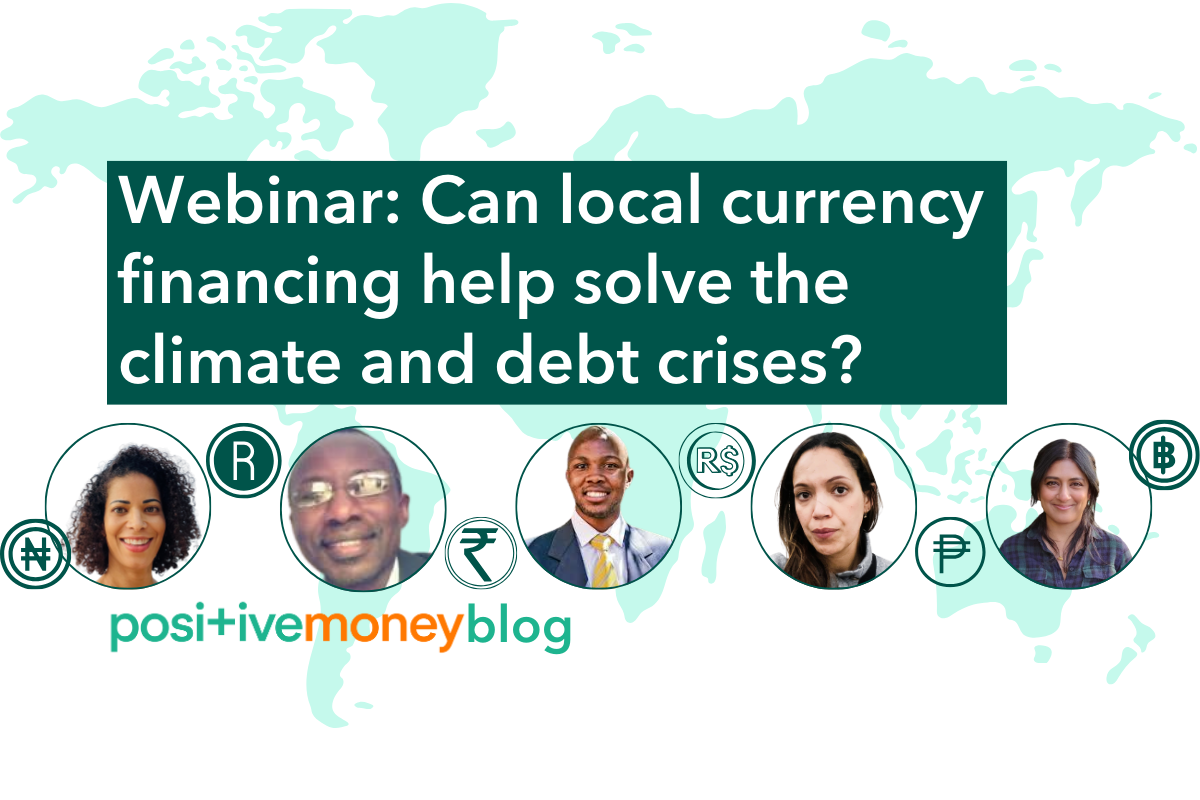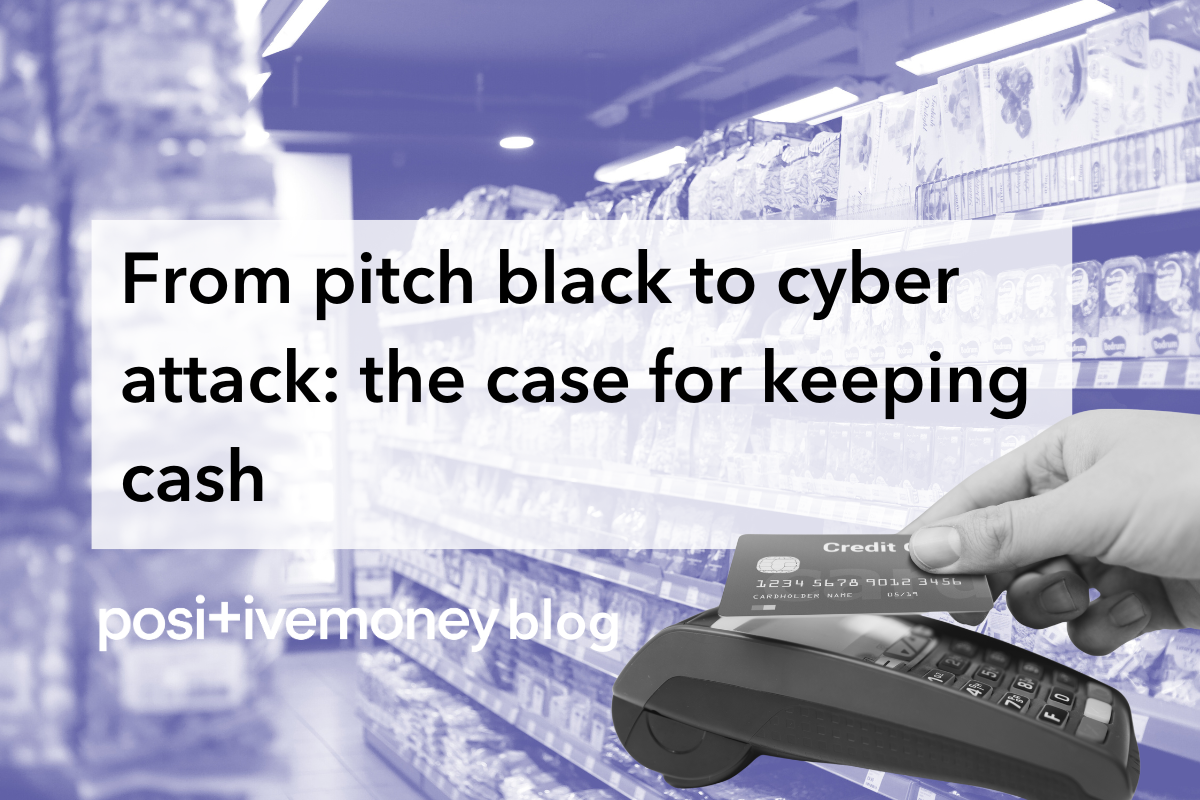
UKGlobal
27 January 2026
After a cyber-attack hit Co-op stores, being cashless left me unable to pay. I quickly realised why we need the government to step in and ensure everyone has the right to pay how they choose.
As I tapped my phone against the card reader in the Co-op a couple of weeks ago and saw that my payment had been declined, I began to panic that I had somehow spent my entire month’s paycheck in the first week after payday. Then a chorus of groans erupted around me and I realised everyone’s payment had been declined. When the cashier said the now-unfamiliar words “cash only”, we were all forced to abandon our shopping because not one of us was carrying physical money.
I’ve since learned that this was a widespread experience for Co-op customers, as the retailer was dealing with the fallout from a major cyber attack at the time. It was the second incident in as many weeks to highlight the importance of having physical cash at hand - the first being the blackouts in Spain and Portugal which left anyone without cash unable to make payments.
But what really dawned on me afterwards was that the frustration we all felt in that shop is how cash-users feel all the time: denied the right to spend their own money on basic goods and services because it wasn’t the “type” of money retailers wanted.
There’s a common misconception that only vulnerable communities rely on cash. And whilst it’s true that for the elderly, people with disabilities, victims of domestic abuse, the homeless and refugees, cash is vital for independence, this massively undersells how widespread cash usage actually is.
Nationwide reported that cash withdrawals from its ATMs increased for the third year in a row in 2024, as many people struggling with the cost of living saw the benefits of budgeting with something you can physically hold and appreciate the value of, which you can’t slip into an overdraft using.
Wherever you sit on the income spectrum, we all have an interest in keeping cash alive. This isn’t just because it’s our most private form of payment and immune from power cuts and cyber attacks, but because it is our last public form of money and making payments.
Cash is issued by our publicly-owned central bank, but now makes up just 3% of the money we use, with the other 97% being money created by private banks as digital deposits in our accounts with them. This gives banks huge power over where money is directed in our economy yet, perhaps unsurprisingly, they aren’t investing in the industries we need or the small businesses that form the backbone of our economy, or even their own branches which millions of customers still depend on.
This means cash is also our only public way to pay, and 95% of transactions using UK-issued cards go through just two American corporations: Visa and Mastercard. Those same corporations were criticised by the Payment Systems Regulator last year for using the lack of competition in their space to increase fees on small businesses by more than 30% in real terms over five years. If we sacrifice cash and allow our payments to become completely privatised, there’s no telling how much they would hike fees when we have no alternative but to use their systems. Few small businesses can afford to shoulder these costs themselves, which means they’re forced to pass them onto us - the customer - in the form of higher prices.
There have been some recent wins in the fight to save cash from extinction: Uber has just announced that it will let customers pay in cash, and the Treasury’s watchdog warned last month that the government must act to stop businesses from refusing to accept cash or risk creating a ‘two-tier society’.
I’ve learned my lesson: I’ll be keeping cash close at hand wherever I go moving forward, and I’m hopeful that the Treasury will protect my right to spend it. But just in case hope isn’t enough, Positive Money is petitioning to make sure the government makes cash acceptance mandatory. If you want to stop retailers refusing cash, you can sign here.
Have you had a similar experience? Have you or your loved ones been robbed of the right to choose how to pay? We want to hear from you: share your thoughts on cash in our short survey here.
